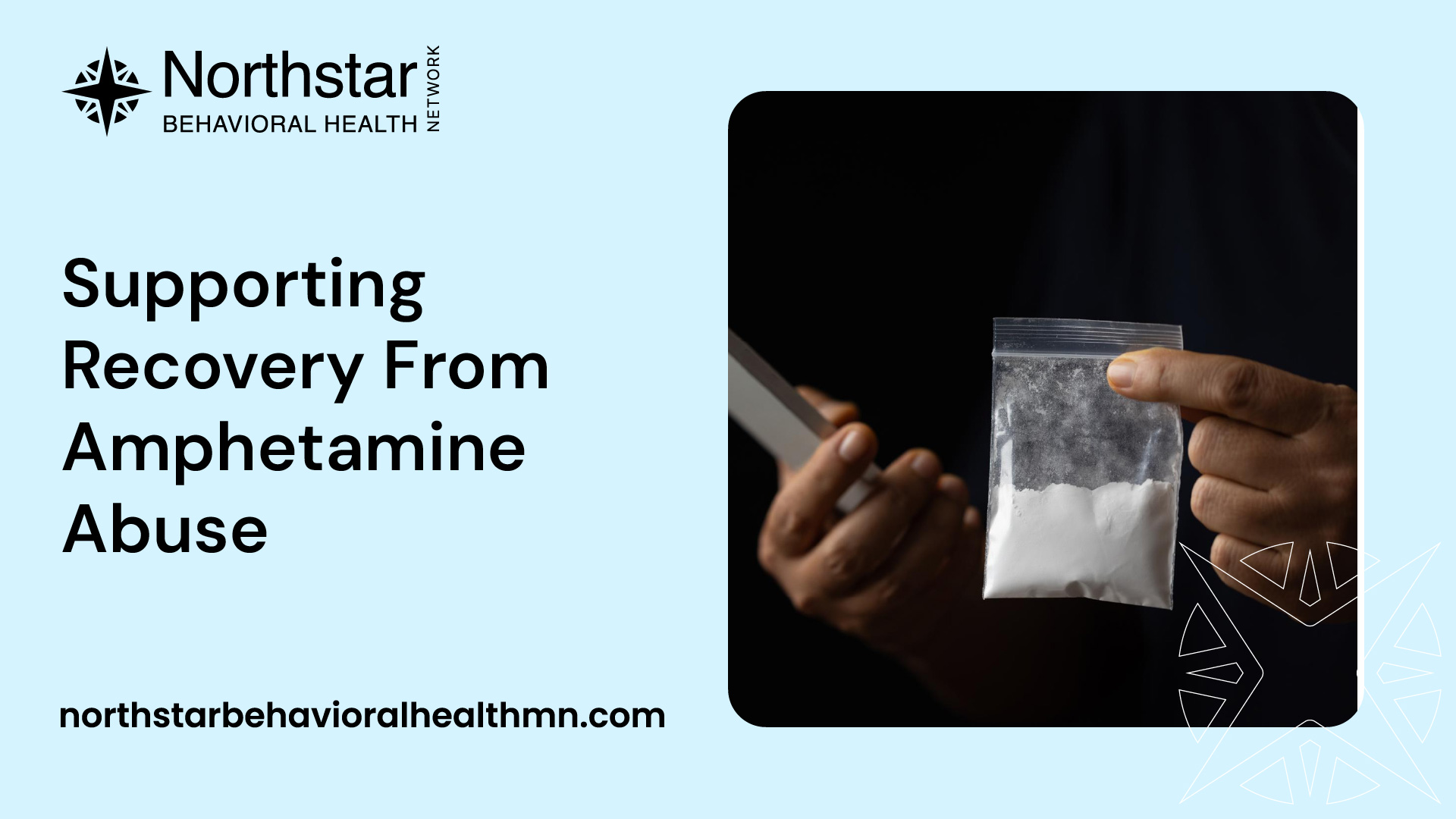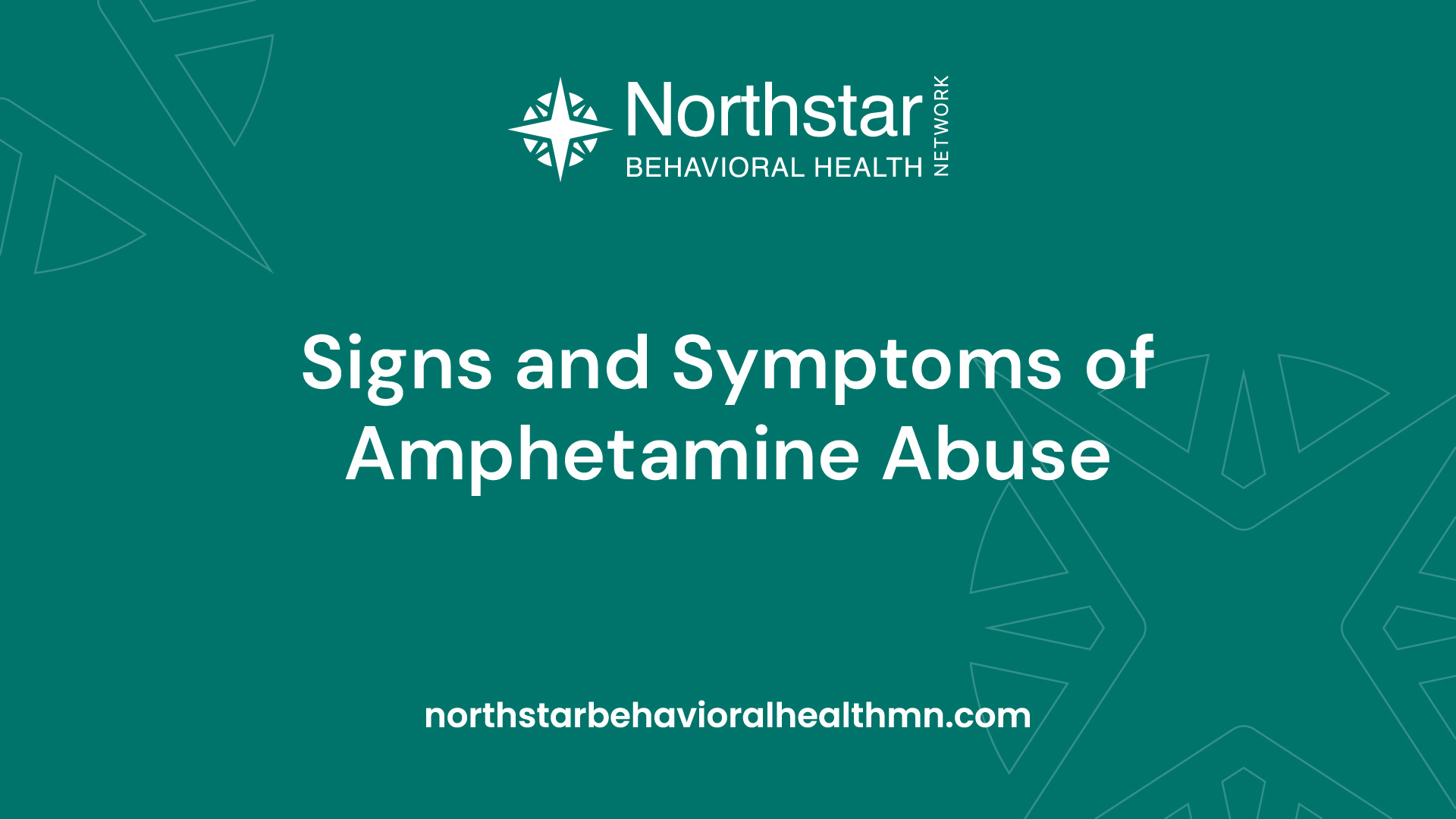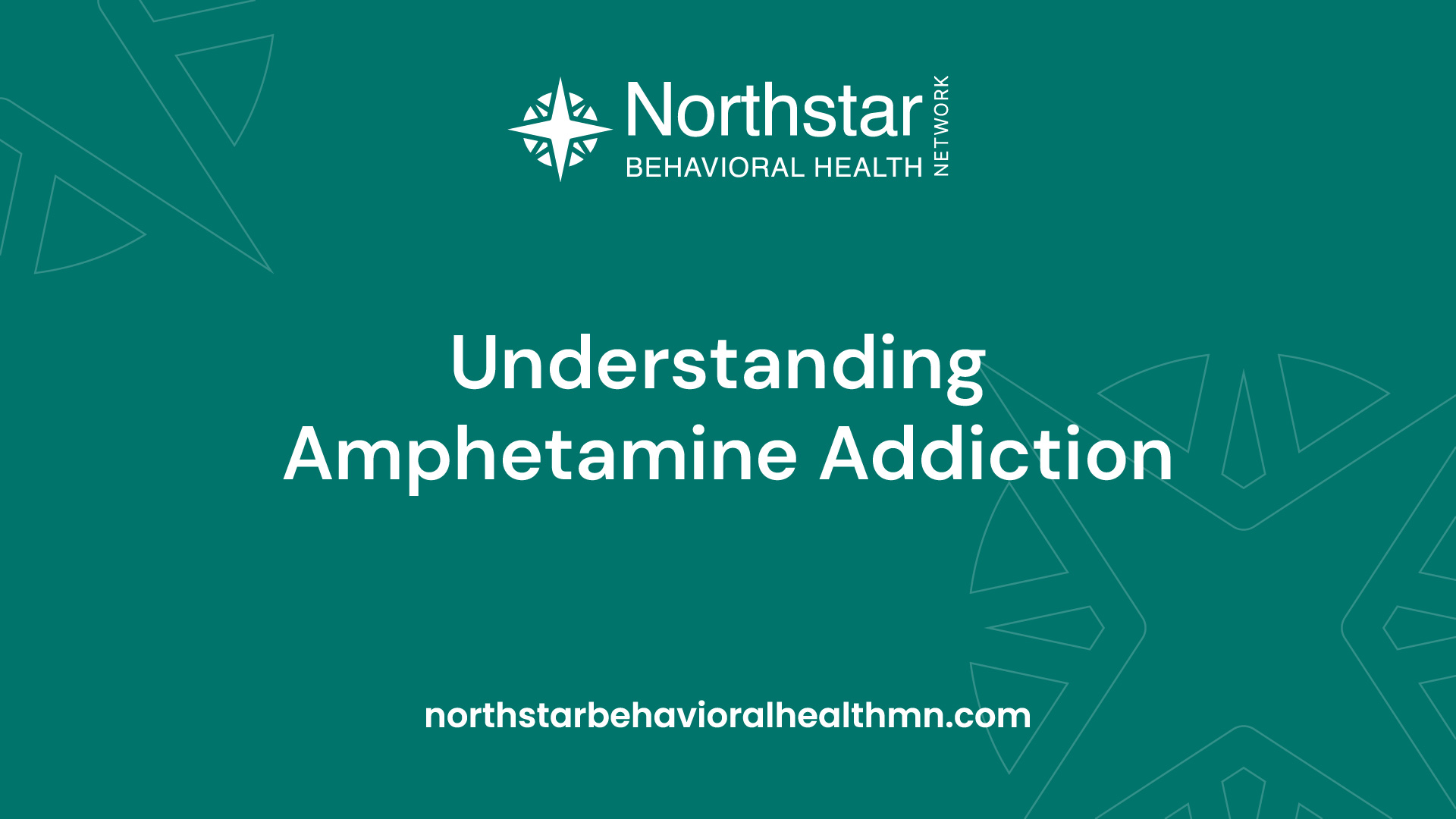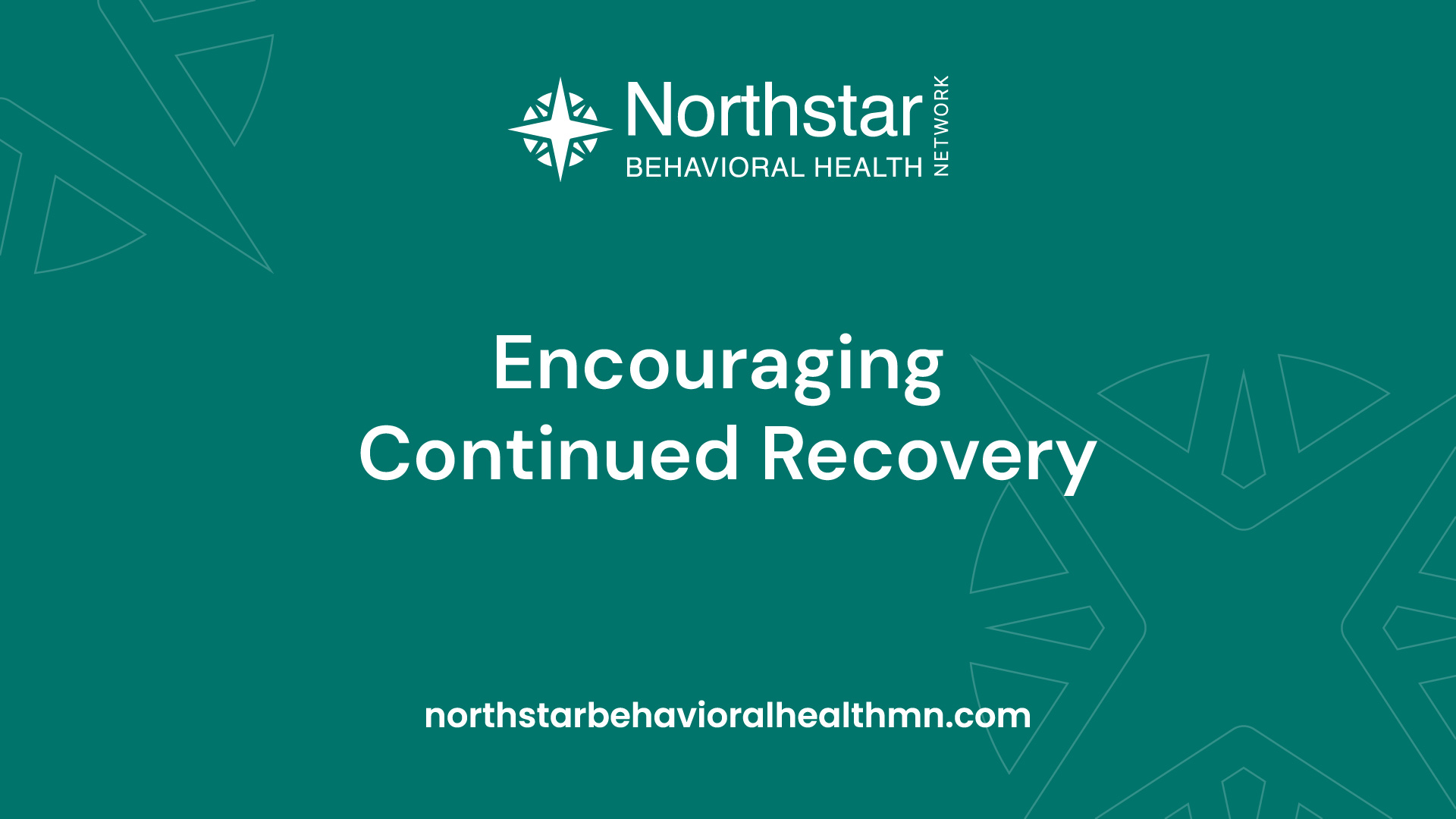August 27, 2024
Supporting Recovery From Amphetamine Abuse
Discover tips to create a supportive environment and encourage their progress.


Understanding Amphetamine Abuse
To effectively support your loved one in their recovery from amphetamine abuse, it is crucial to understand the effects and signs of amphetamine abuse. By gaining this knowledge, you can better recognize the challenges they face and provide the necessary support.
Effects of Amphetamine Abuse
Amphetamine abuse can have a profound impact on both the physical and mental well-being of individuals. The effects can vary depending on the dosage, frequency of use, and individual factors. Some common effects of amphetamine abuse include:
- Increased energy and alertness: Amphetamines stimulate the central nervous system, leading to heightened energy levels and increased alertness.
- Suppressed appetite: Amphetamines can act as appetite suppressants, causing individuals to eat less and experience weight loss.
- Elevated mood: Amphetamines can induce feelings of euphoria and heightened self-confidence.
- Increased heart rate and blood pressure: Amphetamines can raise heart rate and blood pressure, potentially leading to cardiovascular complications.
- Insomnia: Due to their stimulant properties, amphetamines can disrupt sleep patterns and cause insomnia.
- Agitation and irritability: Prolonged use of amphetamines can result in agitation, restlessness, and irritability.
- Anxiety and paranoia: Some individuals may experience heightened anxiety or paranoia as a result of amphetamine use.
- Cognitive impairments: Amphetamine abuse can lead to difficulties with concentration, memory, and decision-making.
Signs and Symptoms of Amphetamine Abuse

Recognizing the signs and symptoms of amphetamine abuse is essential in order to intervene early and provide support. Although each individual may exhibit different signs, some common indicators of amphetamine abuse include:
- Increased talkativeness and rapid speech
- Restlessness and fidgeting
- Dilated pupils
- Excessive sweating
- Weight loss and decreased appetite
- Changes in sleep patterns, such as insomnia
- Neglect of personal hygiene and appearance
- Withdrawal from social activities and relationships
- Financial difficulties due to excessive spending on drugs
It is important to approach your loved one with empathy and understanding when discussing your concerns. Remember to avoid judgment and offer support instead. If you suspect that your loved one is struggling with amphetamine abuse, it is crucial to encourage them to seek professional help. For more information on assisting them in finding the appropriate support, refer to our article on assisting in finding professional help.
By understanding the effects and signs of amphetamine abuse, you can play a vital role in supporting your loved one on their journey to recovery.
Supporting Your Loved One

When a loved one is recovering from amphetamine abuse, providing support can play a vital role in their journey towards recovery. Here are three essential ways you can support your loved one during this challenging time.
Encouraging Open Communication
Encouraging open and honest communication is crucial for supporting your loved one in their recovery. Create a safe and non-judgmental space where they feel comfortable sharing their thoughts, feelings, and experiences. Listen actively and validate their emotions, showing empathy and understanding. Avoid criticism or negative reactions that may hinder their willingness to communicate.
Regularly check in with your loved one by asking open-ended questions and actively engaging in conversations about their progress, challenges, and goals. This open communication fosters trust, strengthens your bond, and allows you to better understand their needs.
Providing Emotional Support
Recovering from amphetamine abuse can be emotionally challenging for your loved one. Providing emotional support is crucial during this time. Offer reassurance, understanding, and encouragement. Let them know that you are there for them and that their feelings are valid.
Be patient and empathetic, recognizing that recovery is a journey with ups and downs. Help them identify healthy coping mechanisms to manage stress, anxiety, and cravings. Encourage them to engage in activities they enjoy, such as hobbies or exercise, which can boost their mood and overall well-being.
Assisting in Finding Professional Help
While your support is crucial, it's essential to involve professionals who specialize in addiction recovery. Encourage your loved one to seek professional help, such as therapists, counselors, or addiction specialists. These professionals can provide the necessary guidance, tools, and resources to support their recovery journey.
Research treatment options together and assist in finding reputable treatment centers or support groups. Offer to accompany them to appointments or meetings, providing the extra support they may need. Remember, professional help can complement your support and enhance their chances of successful recovery.
By encouraging open communication, providing emotional support, and assisting in finding professional help, you can play a significant role in your loved one's recovery from amphetamine abuse. Remember to take care of yourself as well by setting boundaries and seeking support when needed. For more information on supporting a loved one in recovery, check out our article on five tips to support your loved one in recovery.
Creating a Supportive Environment
When supporting a loved one in their recovery from amphetamine abuse, creating a supportive environment is crucial. This involves removing triggers that may contribute to relapse and encouraging healthy habits that promote overall well-being.
Removing Triggers
Identifying and removing triggers from the environment can significantly support your loved one's recovery journey. Triggers are situations, people, or places that can evoke cravings and make it challenging to maintain sobriety. By minimizing exposure to these triggers, you can create a safer and more supportive space for your loved one.
Consider the following steps to remove triggers:
- Educate yourself: Learn about common triggers associated with amphetamine abuse. This knowledge will help you identify potential triggers and understand how they can impact your loved one. Check out our article on five ways you may be encouraging your teen to use drugs or alcohol for more information.
- Assess the environment: Take a close look at your surroundings and identify any items or situations that may remind your loved one of their past drug use. These can include drug paraphernalia, certain social settings, or even specific friends who may still be using drugs.
- Create a drug-free zone: Make your home a drug-free zone by removing any substances that could trigger cravings or temptations. This includes prescription medications that are not currently needed and any alcohol or recreational drugs. Safely dispose of these items or store them securely if necessary.
- Modify routines: Help your loved one establish new routines that don't involve drug use. Encourage them to engage in activities that promote sobriety, such as exercise, hobbies, or spending time with supportive friends and family.
Encouraging Healthy Habits
In addition to removing triggers, it's important to encourage healthy habits that support your loved one's recovery and overall well-being. These habits can contribute to a positive mindset and help them stay on track with their sobriety goals.
Consider the following healthy habits:
- Promote regular exercise: Physical activity can help reduce stress, improve mood, and boost overall mental and physical well-being. Encourage your loved one to engage in regular exercise, such as walking, jogging, or joining a fitness class. It can also provide an opportunity for them to meet new people who support a drug-free lifestyle.
- Encourage a nutritious diet: A balanced and nutritious diet can support your loved one's recovery by providing essential nutrients and promoting overall health. Encourage them to eat a variety of fruits, vegetables, whole grains, lean proteins, and healthy fats. Consider consulting a healthcare professional or nutritionist for personalized dietary advice.
- Ensure sufficient sleep: Adequate sleep is vital for overall well-being and recovery. Encourage your loved one to establish a consistent sleep routine, aiming for 7-9 hours of quality sleep each night. Good sleep hygiene practices, such as avoiding electronic devices before bed and creating a comfortable sleep environment, can help improve sleep quality.
- Support stress management: Stress can be a trigger for relapse, so it's important to help your loved one develop healthy coping mechanisms. Encourage them to practice stress-reducing techniques such as deep breathing exercises, meditation, yoga, or engaging in activities they find enjoyable and relaxing.
By removing triggers and encouraging healthy habits, you can create a supportive environment that promotes your loved one's recovery from amphetamine abuse. Remember to be patient, understanding, and offer ongoing support as they navigate their journey towards sobriety.
Educating Yourself
When supporting a loved one in recovery from amphetamine abuse, it's important to educate yourself about amphetamine addiction and treatment options. By understanding the nature of amphetamine addiction and the available treatment approaches, you can provide informed support and guidance to your loved one.
Understanding Amphetamine Addiction

Educating yourself about amphetamine addiction involves learning about the effects of amphetamines on the brain and the underlying factors that contribute to addiction. Amphetamines are stimulant drugs that affect the central nervous system. They can create a sense of euphoria, increased energy, and focus. However, prolonged use can lead to dependence, tolerance, and addiction.
Some key points to understand about amphetamine addiction include:
- Amphetamines stimulate the release of neurotransmitters, such as dopamine, in the brain, creating a rewarding and pleasurable sensation.
- Regular use of amphetamines can lead to changes in the brain's reward system, making it difficult for individuals to control their drug use.
- Factors such as genetics, environment, and mental health can contribute to the development of amphetamine addiction.
By understanding the nature of amphetamine addiction, you can empathize with your loved one's struggles and provide non-judgmental support. It's important to remember that addiction is a complex disease and that recovery is a journey that requires patience and understanding.
Learning About Treatment Options
Learning about the available treatment options for amphetamine addiction can help you guide your loved one towards professional help. Treatment for amphetamine addiction typically involves a combination of therapies and support systems tailored to the individual's needs.
Common treatment options for amphetamine addiction include:
- Detoxification: This initial phase of treatment involves the safe and supervised removal of amphetamines from the body. Detoxification may involve medical support to manage withdrawal symptoms.
- Behavioral Therapies: Behavioral therapies, such as cognitive-behavioral therapy (CBT) and contingency management, aim to modify destructive patterns of thinking and behavior associated with drug use. These therapies can help individuals develop coping skills, manage cravings, and prevent relapse.
- Support Groups: Support groups, such as Narcotics Anonymous (NA), provide a supportive community where individuals in recovery can share their experiences, receive encouragement, and build a network of peers who understand the challenges of addiction.
- Medication-Assisted Treatment: In some cases, medication-assisted treatment (MAT) may be prescribed to help individuals manage cravings and reduce the risk of relapse. Medications such as bupropion and naltrexone may be used as part of a comprehensive treatment plan.
It's important to note that treatment approaches may vary depending on the individual's specific needs and the recommendations of healthcare professionals. Encourage your loved one to seek professional help from addiction specialists or treatment centers that specialize in amphetamine addiction. For more information on helping a loved one struggling with addiction, refer to our article on how to help an addicted parent.
By educating yourself about amphetamine addiction and treatment options, you can provide valuable support to your loved one as they navigate the recovery journey. Understanding the challenges they face and the resources available will enable you to offer guidance and encouragement throughout their recovery process.
Practicing Self-Care
Supporting a loved one in recovery from amphetamine abuse can be emotionally and physically draining. It's crucial to prioritize your own well-being during this process. Practicing self-care helps you maintain your own mental and emotional health, allowing you to provide the best support possible. Here are two important aspects of self-care: setting boundaries and seeking support for yourself.
Setting Boundaries
Setting boundaries is an essential part of self-care when supporting a loved one in recovery. It's important to establish clear limits and communicate them effectively. By setting boundaries, you protect your own well-being and prevent burnout.
Remember, setting boundaries is not about being selfish or unsupportive. It's about maintaining your own mental and emotional health while still being there for your loved one. Boundaries provide a framework for both parties to navigate the recovery journey effectively.
Seeking Support for Yourself
Supporting a loved one in recovery can be challenging, and you don't have to do it alone. Seeking support for yourself is vital to ensure you have the resources and guidance you need. Here are some avenues you can explore:
Remember, seeking support is not a sign of weakness but a recognition of the importance of your own well-being. By taking care of yourself, you can continue to provide the support your loved one needs.
Supporting a loved one in recovery from amphetamine abuse is a journey that requires strength, patience, and self-care. By setting boundaries and seeking support for yourself, you ensure that you can provide the best support possible while maintaining your own well-being. Remember, you are not alone, and there are resources available to help you through this process.
Celebrating Progress
Supporting a loved one in their recovery from amphetamine abuse is an ongoing journey. It's important to recognize and celebrate their achievements as they make progress towards a healthier and drug-free life. Here are two key ways you can contribute to their recovery process:
Recognizing Achievements
Acknowledging and celebrating your loved one's accomplishments along their recovery journey can be incredibly empowering. By recognizing their achievements, you provide them with positive reinforcement and motivation to continue their path to recovery.
Here are a few ways you can recognize their progress:
- Verbal Encouragement: Express your pride and admiration for their efforts. Let them know that you recognize their determination and the strides they have made in their recovery.
- Celebrate Milestones: Mark significant milestones in their recovery, such as days or months of sobriety. You can commemorate these moments by planning a small gathering, giving them a thoughtful gift, or simply spending quality time together.
- Highlight Personal Growth: Point out the positive changes you observe in their behavior, attitudes, and relationships. Emphasize how their commitment to recovery has positively impacted their life.
Remember, celebrating progress is not about ignoring setbacks or challenges. It's about acknowledging the hard work and dedication that your loved one has put into their recovery journey. By recognizing their achievements, you can help boost their confidence and reinforce their commitment to staying drug-free.
Encouraging Continued Recovery

While celebrating achievements is important, it's equally crucial to encourage your loved one to maintain their focus on continued recovery. Here are some strategies to support their ongoing journey:
- Offer Continued Support: Remind your loved one that their recovery is an ongoing process and that you are there to support them every step of the way. Encourage them to reach out to you whenever they need someone to talk to or when they face difficult moments.
- Provide Resources: Share educational materials, books, or articles that can help them stay motivated and informed about recovery. Offer to attend support group meetings or therapy sessions with them if they feel comfortable.
- Promote Positive Coping Mechanisms: Encourage your loved one to explore healthy coping mechanisms and activities that can replace their previous drug use. This may include engaging in hobbies, practicing mindfulness or meditation, exercising, or seeking professional help when needed.
- Set Realistic Expectations: Remind your loved one that recovery is a journey with ups and downs. Encourage them to embrace progress rather than aiming for perfection. Help them understand that setbacks are a natural part of the process and that they should not be discouraged by them.
By recognizing achievements and encouraging continued recovery, you play a vital role in supporting your loved one's journey towards a drug-free life. Remember to practice patience, empathy, and understanding as they navigate the challenges of recovery. Together, you can build a strong foundation for their long-term success.

.jpg)




.jpg)

